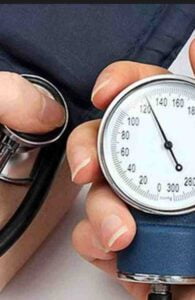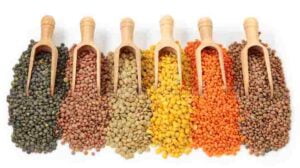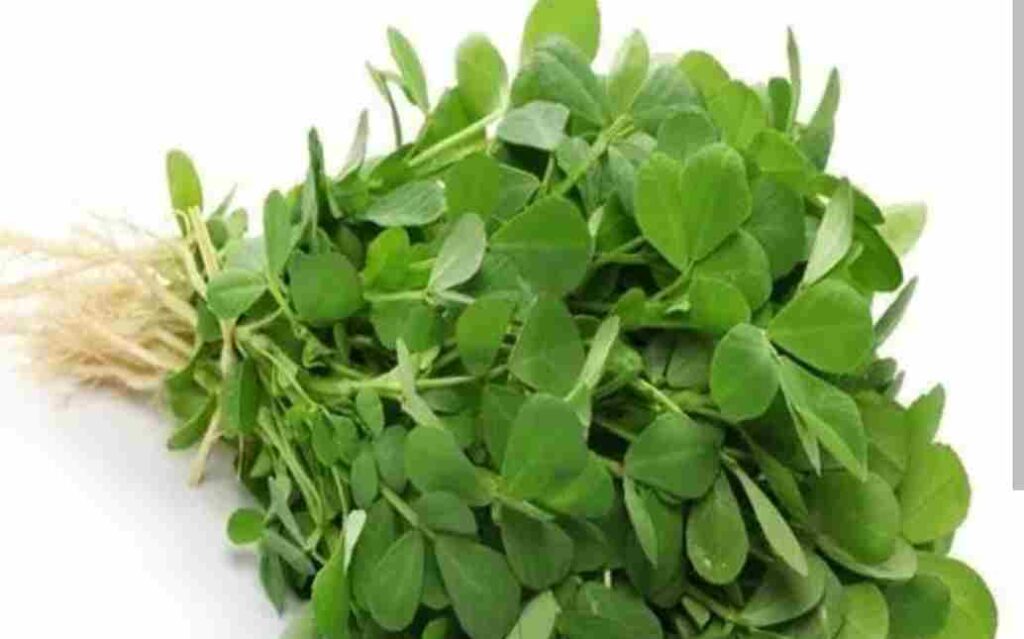Health Conditions When Fenugreek leaves Should Not Eat
Fenugreek leaves are a special green leafy vegetable of winter. According to Ayurveda, it controls Vata and Kapha doshas in the body. If it is taken in excess quantity, then it can also increase the Pitta dosha of your body. It is warming in nature which means it increases body heat. That’s why fenugreek leaves are prepared by mixing it with other compatible vegetables like potato-fenugreek curry, mixing it with mustard greens or making fenugreek parathas etc. In this way, its natural quality has been ensured balanced in the traditional Indian food system. It’s Ayurvedic Qualities are:
Rasa (taste) – katu (pungent), tikta (bitter)
Guna (qualities) – Laghu (light to digest) & Snigdha (oily)
Vipaka-Katu (post digestive effect)
Veerya – Hot in potency
Effect on Tridosha – Balances Kapha and Vata Dosha.
Let’s know how fenugreek leafy vegetable should NOT be used in!
Nasal bleeding: Health Conditions When Fenugreek leaves Should Not Eat

Because fenugreek leafy vegetable and seeds both are hot in nature and it may increase bleeding. So if you have increased Pitta in your body due to which you face Nasal bleeding sometimes then you should not eat it and if you are eating then eat very little only once a month.
How to Control increased Pitta Dosha?
Heavy periods: Health Conditions When Fenugreek leaves Should Not Eat

If your periods are very heavy, then you should not eat Fenugreek leaves during periods otherwise, the flow of your periods will increase further. But if you are such a woman who does not have much period for two days in the starting of periods and feels very high pain. Then you can eat a small amount on the first day because it gives relief in pain. The reason for pain is that in the beginning of the period there is stiffness in the muscles, Fenugreek leaves help in open the stiffness and spasms of the muscles.
Ayurveda Guide to Healthy periods!
Increased pitta dosha: Health Conditions When Fenugreek leaves Should Not Eat

If your body is of pitta nature or your pitta dosha remains high, then you should not eat Fenugreek leaves . Keep your distance from both fenugreek seeds and fenugreek leaf vegetables because these both increase pitta in the body.
Read What is Tridosha Theory (Vata, Pitta and Kapha)?
High palpitations: Health Conditions When Fenugreek leaves Should Not Eat

If you have heart disease, in which your heartbeat feels very fast. Then you should keep distance from hot nature foods like fenugreek leafy vegetables that increase pitra dosha. Because it increases your heart rate even more.
High blood pressure: Health Conditions When Fenugreek leaves Should Not Eat

Even if you have high blood pressure, you should avoid such hot tasir and Pitta increasing vegetables. Because it increases your blood pressure. If you are a patient of low blood pressure, then you must eat it.
Read What Foods you should avoid in High blood pressure?
On extreme weakness: Health Conditions When Fenugreek leaves Should Not Eat

If you have just emerged from a particular major disease or from an accident. Then most probably your body will be very weak. In such a situation, your digestive system and your body’s ability to absorb foods will also be weak. That’s why you should not eat vegetables like fenugreek leaves because they are heavy and hot in digestion.
Having diarrhea
Even if you are suffering from diarrhea due to any reason. You should not eat fenugreek leaves vegetable because it increases the heat of the stomach and may increase the problem of diarrhea.
With lentils and pulses


